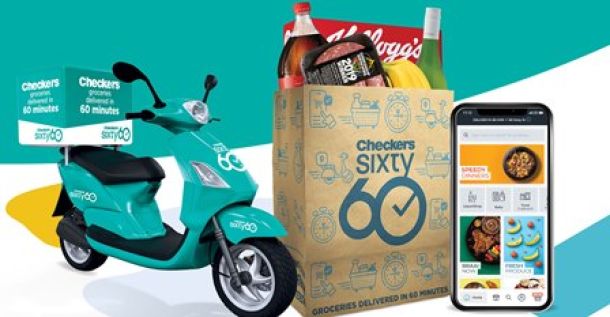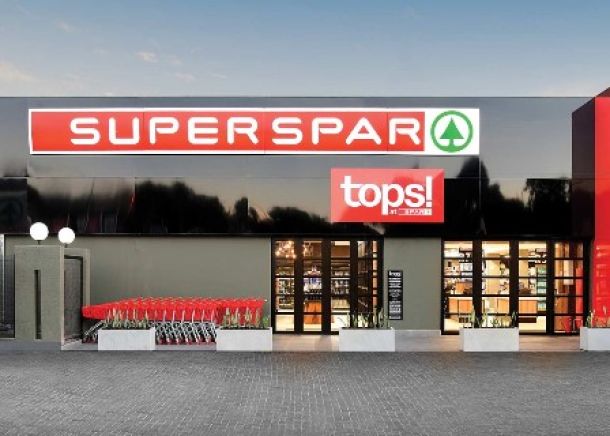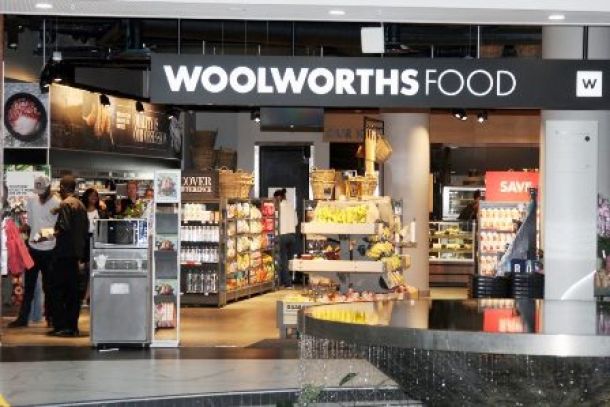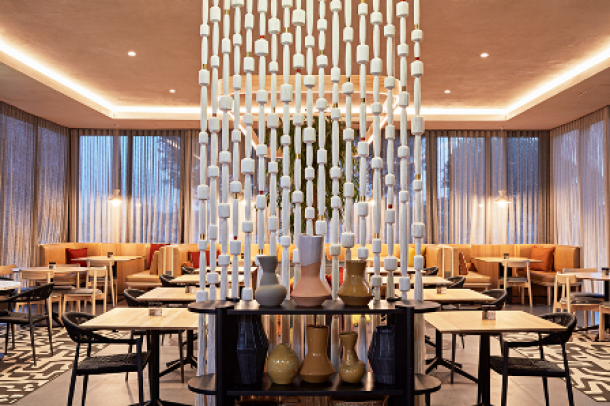Coca-Cola eyes African bottler to keep out of AB Inbev’s takeover sights
Within hours of Anheuser Busch InBev (AB InBev) formally completing its takeover of SABMiller, the Coca-Cola company said it planned to exercise a change-of-control clause to buy SABMiller’s 57% share in Coca-Cola Beverages Africa (CCBA).
Trevor Stirling of the London-based Bernstein Research said the move was not unexpected. "AB InBev is a Pepsi anchor bottler in Latin America."
Plus, added Stirling, Coca-Cola must know it is now in AB InBev’s takeover sights.
Stirling believes Coca-Cola will want to complete the purchase as speedily as possible in the hope of preventing AB Inbev from getting too close a look at the workings of Coca-Cola.
Coca-Cola owns 11.3% of CCBA, which accounts for about 40% of Coca-Cola’s African soft-drink sales. The Gutsche Family Investments, a private entity, holds the remaining 31.7%.
CCBA owns Coca-Cola bottling operations in 12 high-growth markets across southern and East Africa, and has annual revenues of about $2.9bn.
It is the largest Coca-Cola bottler in Africa and the 10th largest worldwide.
Analysts said SABMiller’s stake was valued at about $4.5bn.
Analysts have been speculating about an AB InBev move on Coca-Cola for several months. The price tag of that deal, if it ever happened, would be close to $250bn. This would be the world’s biggest corporate transaction and would dwarf the $108bn mega-brew deal.
On Tuesday, AB InBev said it did not expect that the sale of the Coca-Cola stake would have a material financial effect.
Coca-Cola said it had chosen to exercise its right to acquire the stake because it intended to implement its long-term strategic plan in these markets "with other partners".
It said that while it respected AB InBev’s capabilities, it had a number of existing partners who were highly qualified and interested in these bottling territories. The Coca-Cola Company said it was negotiating with potential partners and planned to refranchise CCBA as soon as possible.
Any break-up negotiated between Coca-Cola and AB InBev will have to be approved by the various regulatory bodies in the 12 affected countries. This means CCBA will be heading back to the South African competition authorities shortly after completing a marathon session before them.
The creation of CCBA was first announced in November 2014, but it was 18 months before the deal was finalised by the Competition Tribunal. Much of this delay was attributed to the involvement of Economic Development Minister Ebrahim Patel. Approval of the deal was conditional on the parties investing R800m to support farmers and allow small retailers to allot 10% of space in Coca-Cola fridges to competitors. In addition, employment levels had to be frozen for three years and lay-offs of senior staff was limited.
Tuesday’s announcement was one of many large deals sparked by the completion of AB InBev’s acquisition of SABMiller.
AB InBev also confirmed the sale of European brands Peroni, Grolsch and Meantime to Japan’s Asahi for $2.76bn.
In Asia, the sale of 49% of CR Snow, which brewed the largest-selling beer brand in the world, Snow beer, was confirmed. China Resource Enterprises, which holds the remaining 51%, paid $1.6bn for the 49%.
AB InBev has just finalised the sale of SABMiller’s North American beer business MillerCoors for $12bn. In Europe, AB InBev has given an undertaking that it will offload SABMiller’s Central and Eastern European brands.
News Category
- International retailers
- On the move
- Awards and achievements
- Legislation
- Wine and liquor
- Africa
- Going green
- Supplier news
- Research tools
- Retailer trading results
- Supply chain
- Innovation and technology
- Economic factors
- Crime and security
- Store Openings
- Marketing and Promotions
- Social Responsibility
- Brand Press Office
Related Articles

Checkers online shopping bonanza

SPAR eyes acquisitions to take on Shoprite

Coca-Cola Beverages South Africa appoints Rakes...

Woolworths starts selling Apple products, lapto...


